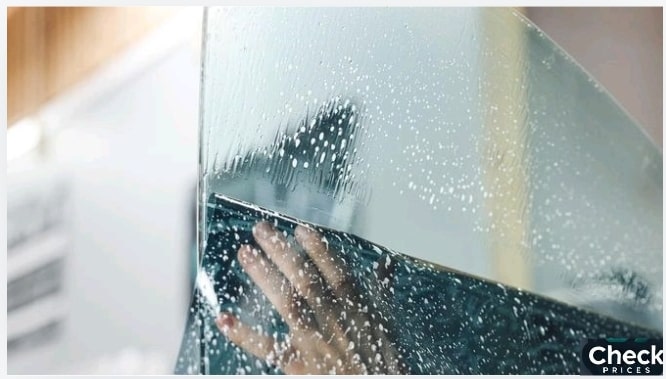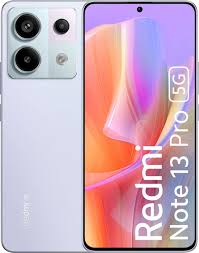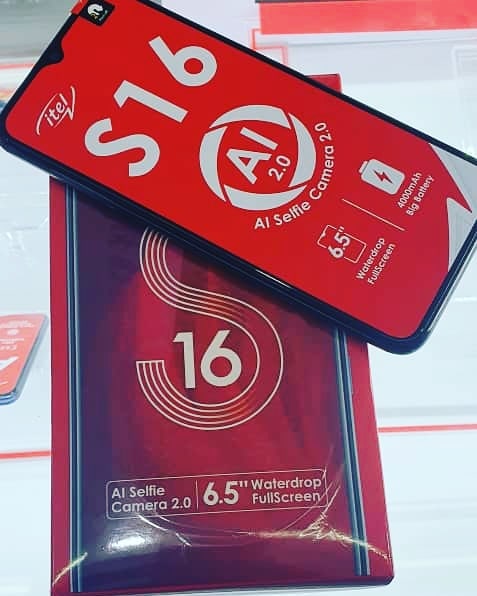When it comes to improving privacy, enhancing aesthetics, and protecting your car’s interior, window tinting is a popular solution. However, the cost of window tinting can vary widely based on several factors. In this guide, we will explore the details surrounding Car Window Tinting Prices, so you can make an informed decision.
Understanding Car Window Tinting
What is Car Window Tinting?
Car window tinting involves applying a thin, transparent film to the interior of the windows. This film helps reduce heat, glare, and UV exposure while adding a layer of privacy and security.
Why Tint Your Car Windows?
Tinting offers numerous benefits:
- Heat reduction: Reduces the amount of heat entering the car.
- UV protection: Blocks harmful ultraviolet rays that can damage skin and fade the car’s interior.
- Glare reduction: Improves driving comfort by minimizing glare from sunlight and headlights.
- Privacy and security: Deters break-ins by obscuring the view of the car’s interior.
- Aesthetic appeal: Gives a sleek, polished look to the vehicle.
Factors Affecting Car Window Tinting Prices

The cost of window tinting can vary significantly depending on several key factors:
1. Type of Film
Different types of window tint films come with varying prices. Common options include:
- Dyed Film: The most affordable option, dyed film provides basic heat and UV protection but may fade over time.
- Metalized Film: Offers enhanced heat and glare reduction. However, it may interfere with GPS and radio signals.
- Carbon Film: A premium option that provides high heat resistance without signal interference.
- Ceramic Film: The most expensive but highly effective in blocking UV rays and heat without affecting visibility or signals.
2. Car Size
The size and type of your car will impact the total cost. Tinting a compact car will be less expensive than tinting a large SUV or truck due to the increased surface area.
3. Number of Windows
The number of windows you want to tint will directly affect the price. Some people opt to tint only the rear windows for privacy, while others prefer a full car tint.
4. Quality of Installation
Choosing a professional installer with years of experience will cost more than opting for a DIY solution or less-experienced technicians. However, quality installation ensures longevity and reduces the likelihood of bubbles or peeling.
5. Location
Tinting prices can also fluctuate based on your geographic location. Urban areas with higher demand for services may charge more, while rural areas might offer lower prices.
Average Car Window Tinting Prices
1. Dyed Film Prices
- Compact Cars: $100 – $200
- Sedans: $150 – $250
- SUVs: $200 – $300
Dyed films are the cheapest option, ideal for those on a budget or who don’t require high-performance tinting.
2. Metalized Film Prices
- Compact Cars: $150 – $250
- Sedans: $200 – $350
- SUVs: $300 – $400
Metalized film offers better durability and heat rejection at a moderate price range.
3. Carbon Film Prices
- Compact Cars: $200 – $400
- Sedans: $250 – $450
- SUVs: $350 – $500
Carbon film is more expensive but provides superior performance in terms of heat rejection without signal interference.
4. Ceramic Film Prices
- Compact Cars: $300 – $500
- Sedans: $350 – $600
- SUVs: $500 – $800
For the best in UV and heat protection, ceramic film is the top-tier option, commanding the highest prices.
Additional Costs to Consider

1. Removal of Old Tint
If your vehicle already has tinted windows, you may need to pay for the removal of the old tint. Tint removal costs range from $50 to $150 depending on the condition and age of the existing film.
2. Warranties
Some professional installers offer warranties on their work, which may add to the cost but provide peace of mind against defects or early wear and tear.
3. State Tinting Laws
Each state has regulations on the level of tint allowed. Be sure to check your local laws before deciding on the tint percentage. Legal tint percentages range from 20% to 70%, and fines for non-compliance can also add to the cost.
DIY vs. Professional Tinting
DIY Window Tinting Kits
A DIY tinting kit can cost as little as $50 to $150 depending on the film type and car size. However, DIY kits come with risks:
- Difficult application: Window tinting requires precision. Even a small error can lead to bubbles or an uneven finish.
- No warranty: Most DIY kits do not include warranties, meaning you will have to bear the cost of reapplication if it peels or fades prematurely.
Professional Tinting
Professional installation generally costs more but ensures a higher quality finish, longer lifespan, and often includes warranties. Professionals also use specialized tools to ensure a smooth, even application.
How to Choose the Right Tint for Your Vehicle
When selecting the right tint for your car, consider the following:
- Your budget: Choose a film that fits your financial plan.
- Climate: In hotter climates, films with higher heat rejection (carbon or ceramic) are worth the investment.
- Signal interference: If you rely heavily on GPS, avoid metalized tints that can disrupt signals.
- Legal requirements: Check your state’s tinting laws to ensure your tint is within legal limits.
Conclusion
Window tinting is a valuable investment for any vehicle, enhancing both comfort and style. Prices for car window tinting vary based on the type of film, vehicle size, and installer experience. Whether you opt for budget-friendly dyed film or premium ceramic, understanding the cost factors involved will help you make the best decision for your car and budget.
Frequently Asked Questions (FAQs)
1. Is ceramic tint worth the extra cost?
Yes, ceramic tints offer superior heat rejection, UV protection, and durability without affecting visibility or signals, making them a great long-term investment.
2. Can I wash my car after getting the windows tinted?
It’s recommended to wait at least 3-5 days before washing your car after tinting to allow the film to fully adhere to the windows.
3. How long does it take to tint a car?
On average, professional window tinting takes about 2-4 hours depending on the vehicle size and number of windows being tinted.
By following this comprehensive guide, you can choose the right tint for your needs and budget, ensuring your car stays cool, private, and stylish.























+ There are no comments
Add yours